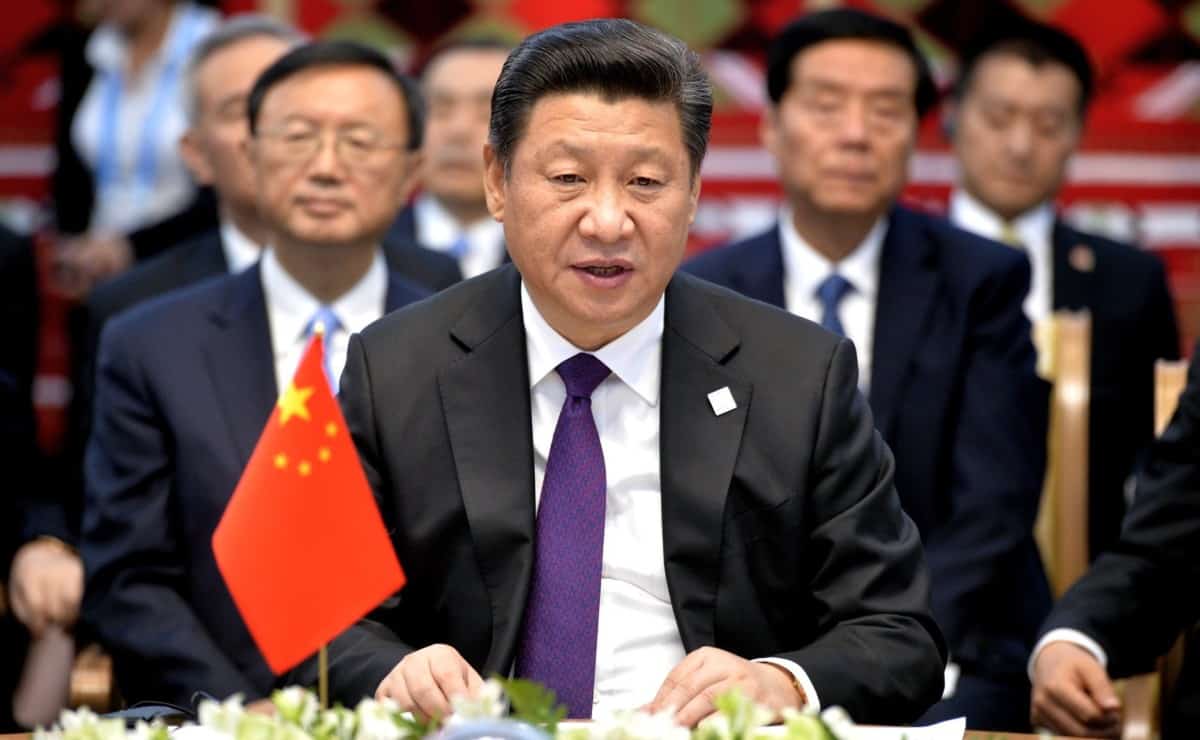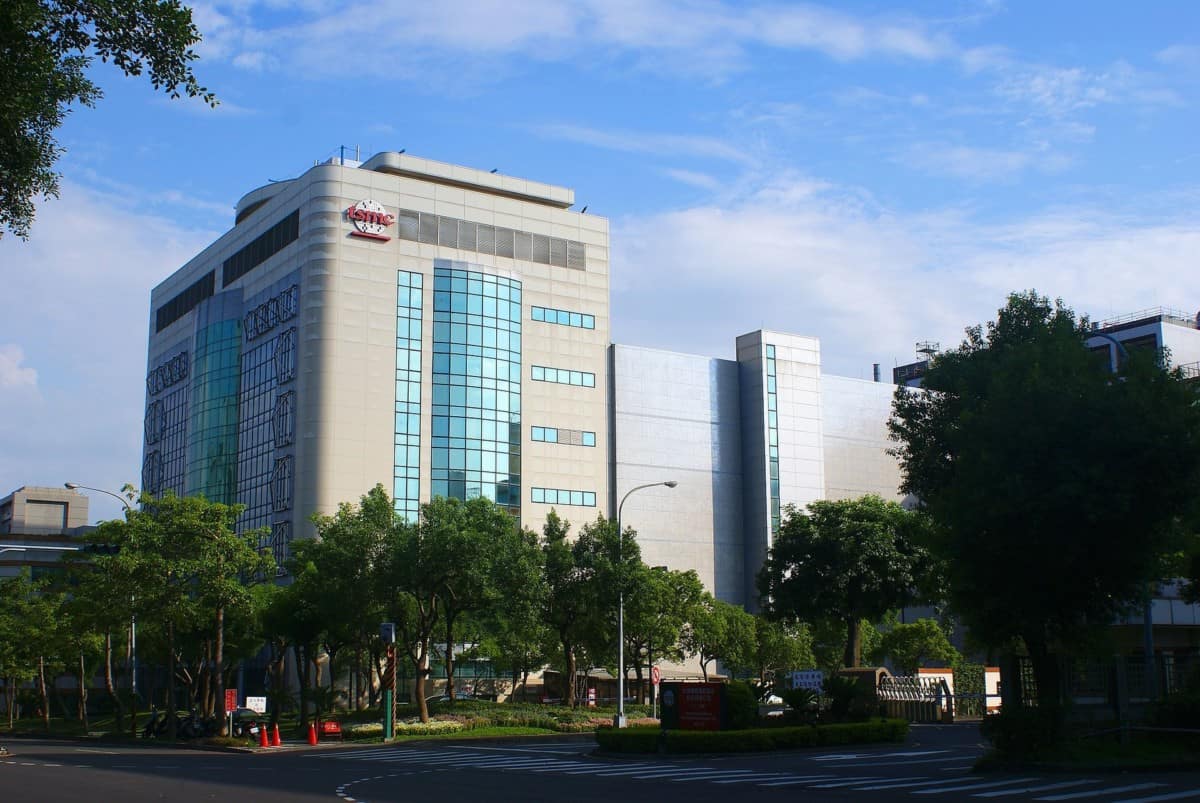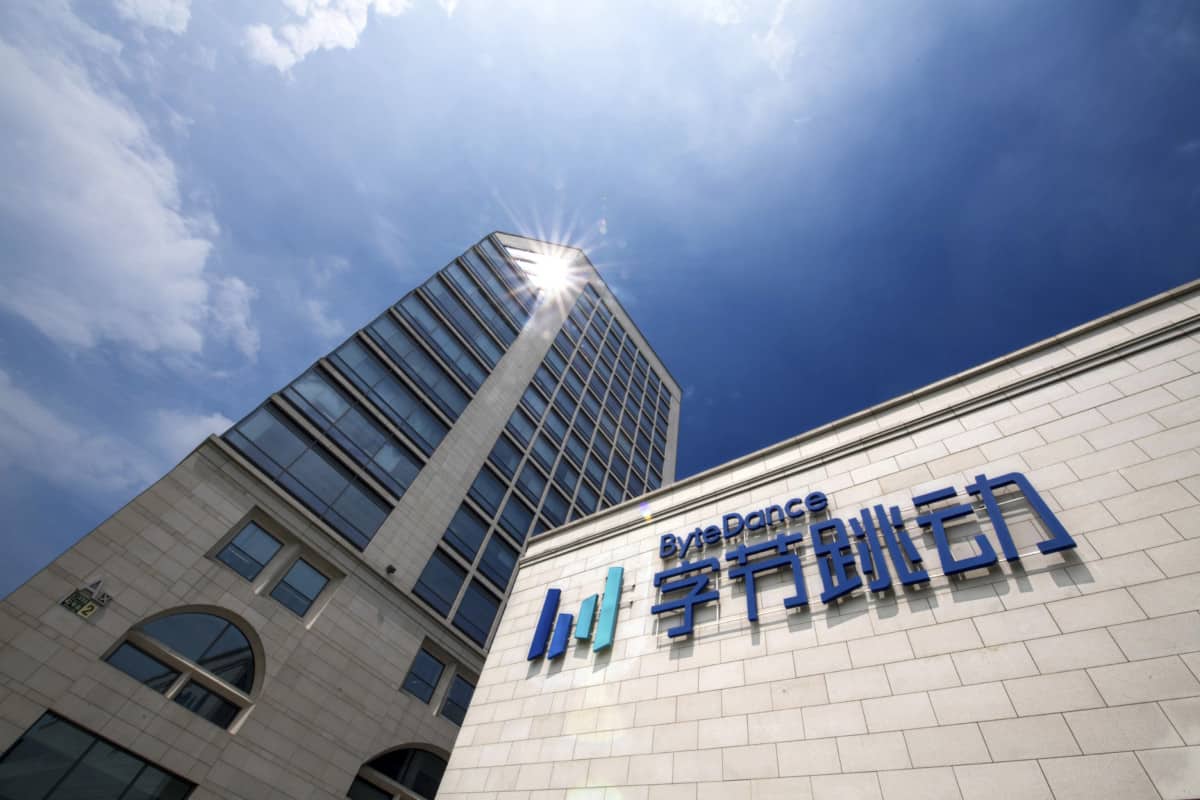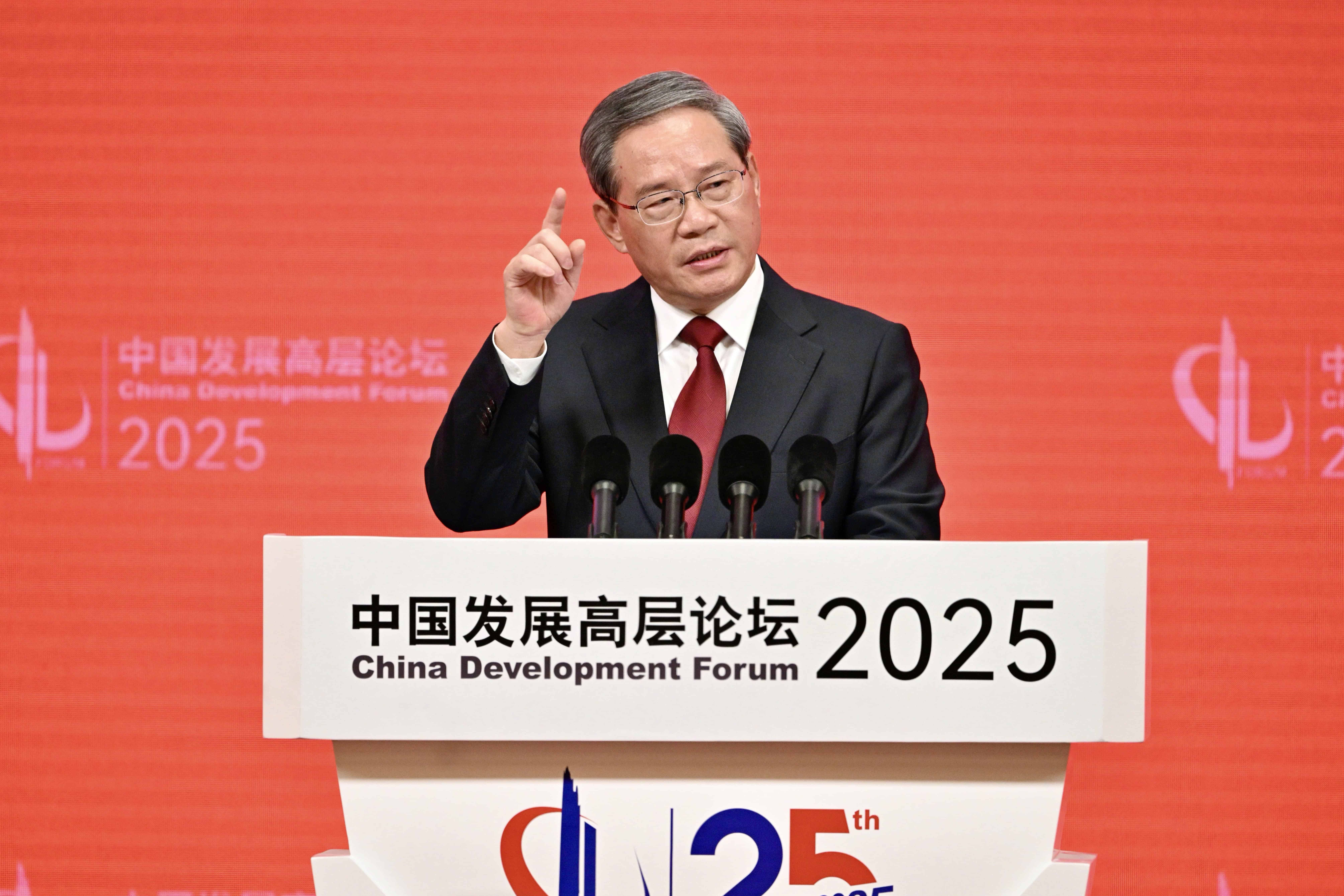Good evening. We’re excited to bring you an exclusive story from David Barboza this week about whistleblowers in China. From 2013-2016, David covered the saga of GSK, the multinational pharmaceutical company, as it dealt with allegations of rampant fraud and corruption. Now, he has new information about the whistleblower in that case and his story offers a fresh perspective on what happens when a single person tries to hold a giant corporation to account. Remember, if you’re not already a paid subscriber to The Wire, please sign up here to read the full issue, to access our daily news roundup, and to get a curated, weekly reading list in your inbox from David Barboza.
Want this emailed directly to your inbox? Sign up to receive our free newsletter.

The GSK Files
What happens when an employee in China wants to call out fraud and corruption at a multinational corporation? The world thought it found out when, in 2013, a whistleblower came forward about GSK’s rampant use of bribery to get Chinese doctors to prescribe its drugs. The salacious story was widely covered, the alleged whistleblower named, and, at its best, the story seemed to illustrate the power of one voice crying foul and effecting change. But The Wire’s David Barboza has since learned the real identity and story of the whistleblower, and the episode is worth revisiting because it illustrates what happens when Chinese nationals turn to the United States for help as well as the limits to that help.

China’s Economic Crossroads
The coming months, Kevin Rudd and Daniel Rosen argue, are crucial for China. The Covid-19 pandemic has sent the country’s economy plunging, but Beijing has limited options for stimulus thanks to a looming debt problem. Instead, China’s government has put reform back on the agenda, including a plan to improve the “market-based allocation of factors of production.” But will China really reorient the economy for sustained long-term growth through marketization? Or will the country balk at the opportunity for real change?
A Q&A With James Griffiths

James Griffiths is a Hong Kong-based journalist and author of one of the best books out there on China’s internet firewall. In this week’s interview with The Wire’s Eli Binder, he explains how the Chinese government has been so effective at controlling the internet — even during the Covid-19 lockdowns — and how it is working, behind the scenes, on exporting its model to the rest of the world.
James Griffiths
Illustration by Lauren Crow

Credit: Peellden, Creative Commons
The Big Picture: TSMC’s Semiconductor Dominance
Semiconductor chips power just about every electronic device we use these days, from our phones to our laptops to our smart doorbells and house locks. But despite their ubiquity, making these chips is a complicated and hugely expensive process, which leads to the dominance of a small group of specialized companies that are able to absorb rapidly growing costs of production. This week, the Big Picture is looking at Taiwan Semiconductor Manufacturing Company, or TSMC, one of the world’s leading semiconductor fabrication companies, to get a better sense of the industry and how it operates.

Credit: Imaginechina via AP Images
ByteDance Tries For Metamorphosis
The Chinese company ByteDance has seen its video-sharing app, TikTok, explode in popularity in the United States. But the company, which is one of the world’s hottest startups, is facing increased scrutiny from the U.S. government and has been accused of censoring videos addressing issues that are sensitive to the Chinese government as well as improper data storage, which could make Americans vulnerable to Chinese government surveillance. As The Wire’s Katrina Northrop reports, the company has taken dramatic steps in recent months to establish itself as a credible global company, and analysts say Bytedance’s broader strategy is to separate TikTok from its Chinese origins.
Subscribe today for unlimited access, starting at only $19 a month.



